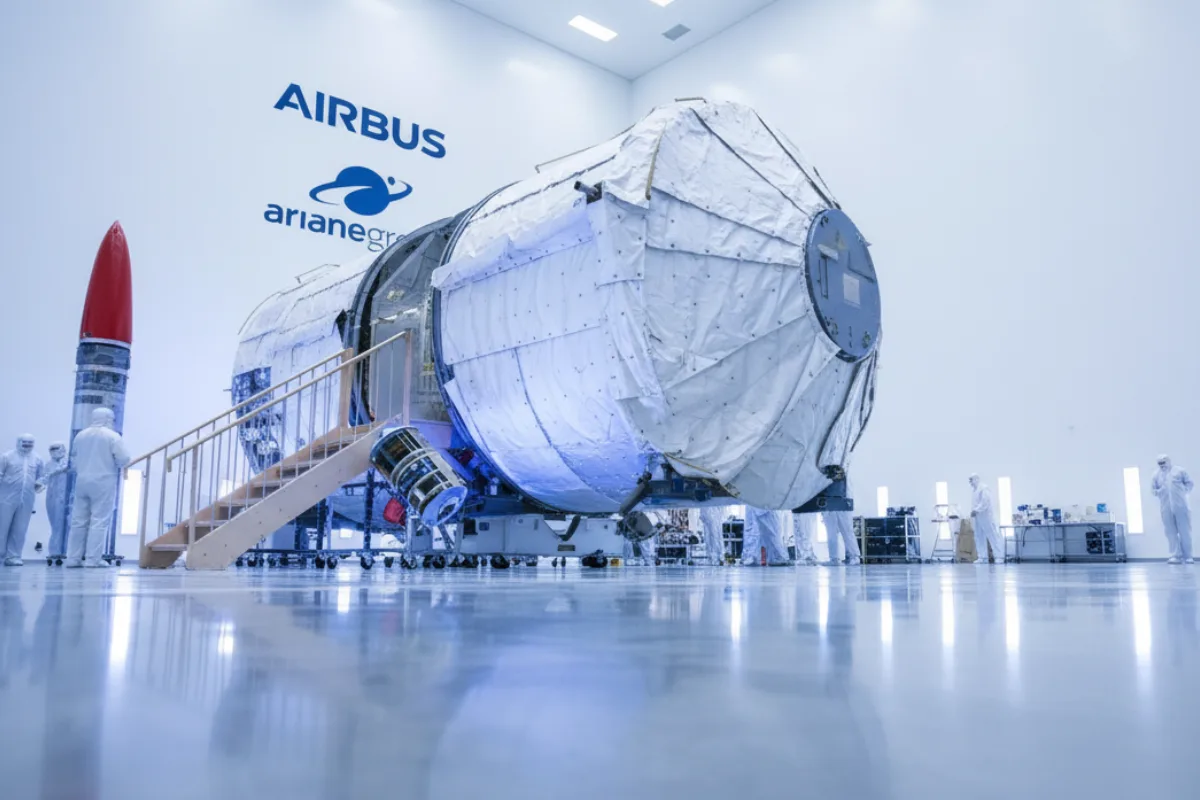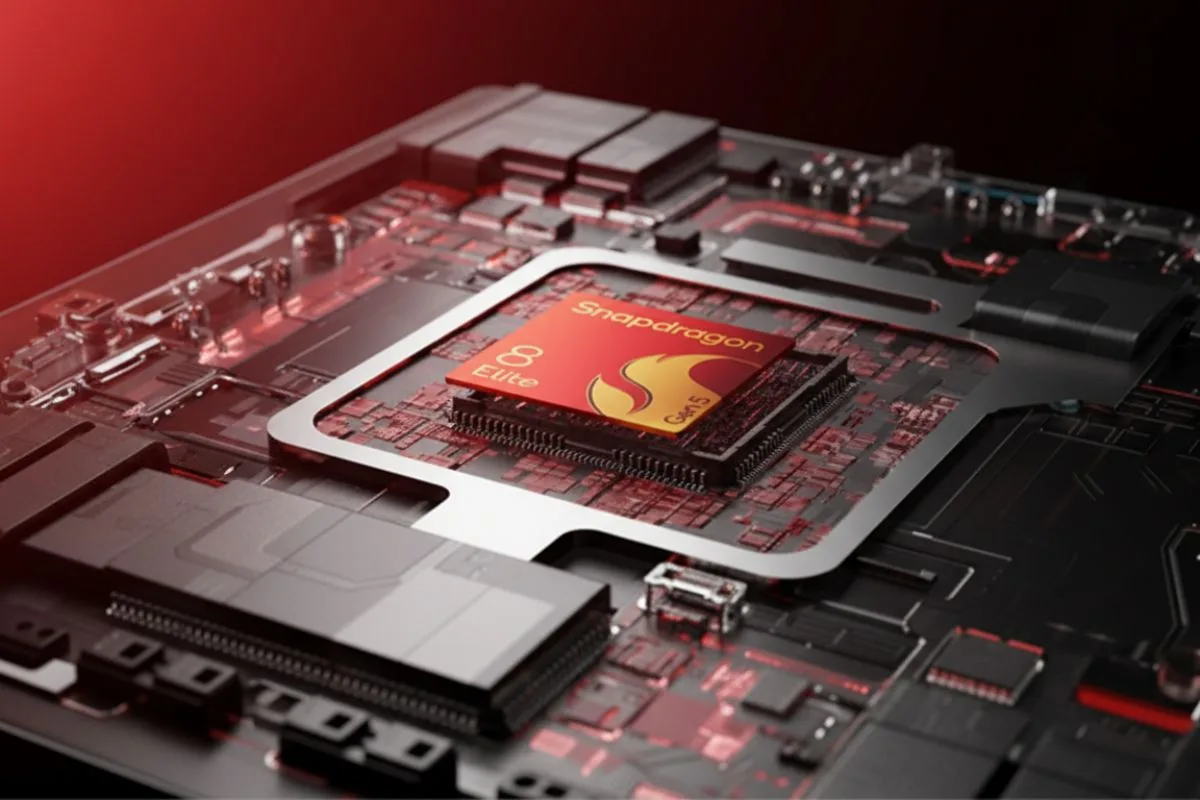
Introduction
Europe’s space agency (ESA) has warned regulators that proposed tie-ups between major satellite businesses could produce monopolies and shrink choice for customers — even as some industry leaders argue consolidation is needed to match U.S. and Chinese rivals.
ESA Director of Operations Rolf Densing told Reuters that while scale may be necessary to compete, “too much concentration could reduce market choice,” a warning that puts pressure on EU antitrust reviews now examining large deals.
The concern comes as European groups explore a potential €10 billion joint venture combining satellite units to better challenge low-earth-orbit and broadband rivals such as Starlink. At the same time, recent European deals and merger talks show the sector is already consolidating — a trend regulators must weigh against strategic aims to keep Europe competitive.
ESA warns on satellite monopolies amid proposed European merger

ESA’s intervention is notable because the agency is one of the region’s biggest buyers of satellite services and hardware. Densing said Europe needs autonomy for launches and missions, but that consolidation should not leave customers without choices or raise costs for governments and businesses that rely on satellite links. That stance could influence how the European Commission assesses the planned merger and any remedies required to protect competition.
Why regulators must balance consolidation with competition
Industry leaders including Airbus, Leonardo and Thales have discussed combining some satellite activities to gain scale, research capability and manufacturing efficiency. Airbus’ CEO has publicly compared the plan to forming a defender similar to MBDA in missiles — aiming to create stronger European champions that can compete with U.S. and Chinese firms. But ESA’s warning highlights a trade-off: consolidation can boost scale, yet it may weaken market choice and innovation.
Market context and recent consolidation
Some recent transactions show the pressure to consolidate. For example, the SES-Intelsat deal and other mergers this year reflect efforts to pool assets and spectrum to stay competitive in a market increasingly shaped by large constellations and global players. Regulators in Europe and the U.S. have already scrutinized such deals for competition and national-security implications.
How a monopoly could hurt customers and Europe’s space policy
A highly concentrated satellite market could reduce negotiating power for governments and firms buying capacity, push up prices for bandwidth and services, and slow innovation by shrinking the pool of independent suppliers.
For defence and emergency services that depend on resilient, multi-vendor supply chains, reduced competition can be a strategic risk. ESA’s warning frames consolidation not only as an industry issue but as a policy and security concern.
What regulators might do next

Competition authorities typically assess mergers by looking at market overlaps, fallback options for customers, and the ability of new rivals to enter. Remedies can include divestments, ring-fencing specific businesses, or requiring open access to certain infrastructure.
Given ESA’s voice as a major purchaser, regulators may insist on stronger safeguards or conditional approvals to ensure Europe retains choice and supply diversity.
Industry reaction and strategic outlook
Company executives backing consolidation argue that scale will let Europe invest in next-generation satellites, defend jobs, and match the pace of global rivals with large low-earth-orbit constellations.
Critics say the solution is to bolster smaller firms through targeted public investment and procurement policies that reward competition rather than shrink it. Either path will shape Europe’s satellite industry for years.
Verdict
The ESA’s warning makes clear that European regulators face a hard choice: allow scale-creating mergers to build stronger national champions, or block deals that could lead to monopolies and weaker choice for customers. Expect detailed antitrust scrutiny and possible conditions if major satellite players push forward with a merger.
Frequently Asked Questions
Why did the ESA warn about satellite monopolies?
ESA warned that large mergers could reduce market choice and raise costs for buyers of satellite services. The agency is a big buyer itself and wants to protect competition while keeping Europe competitive.
Which companies are involved in merger talks?
Reports name major European firms including Airbus, Leonardo and Thales as discussing combinations of satellite businesses to increase scale and compete globally.
How big is the proposed joint venture?
Some media reports mention a potential deal roughly valued at €10 billion to combine parts of leading satellite operations, although exact terms remain under discussion.
Could regulators block a satellite merger?
Yes — competition authorities can block deals or approve them with conditions such as divestments, access rules or other remedies to protect customers and rival suppliers.
What would a monopoly mean for consumers?
Fewer suppliers could lead to higher prices, less innovation and greater risk for governments and businesses that rely on satellite services for communications, navigation and security.
Author note: I’m a space industry reporter using Reuters and public filings for facts. ESA’s comments and deal talk are based on recent reporting; where plans are not final I used cautious language. I will update the story if companies or regulators publish formal statements.





